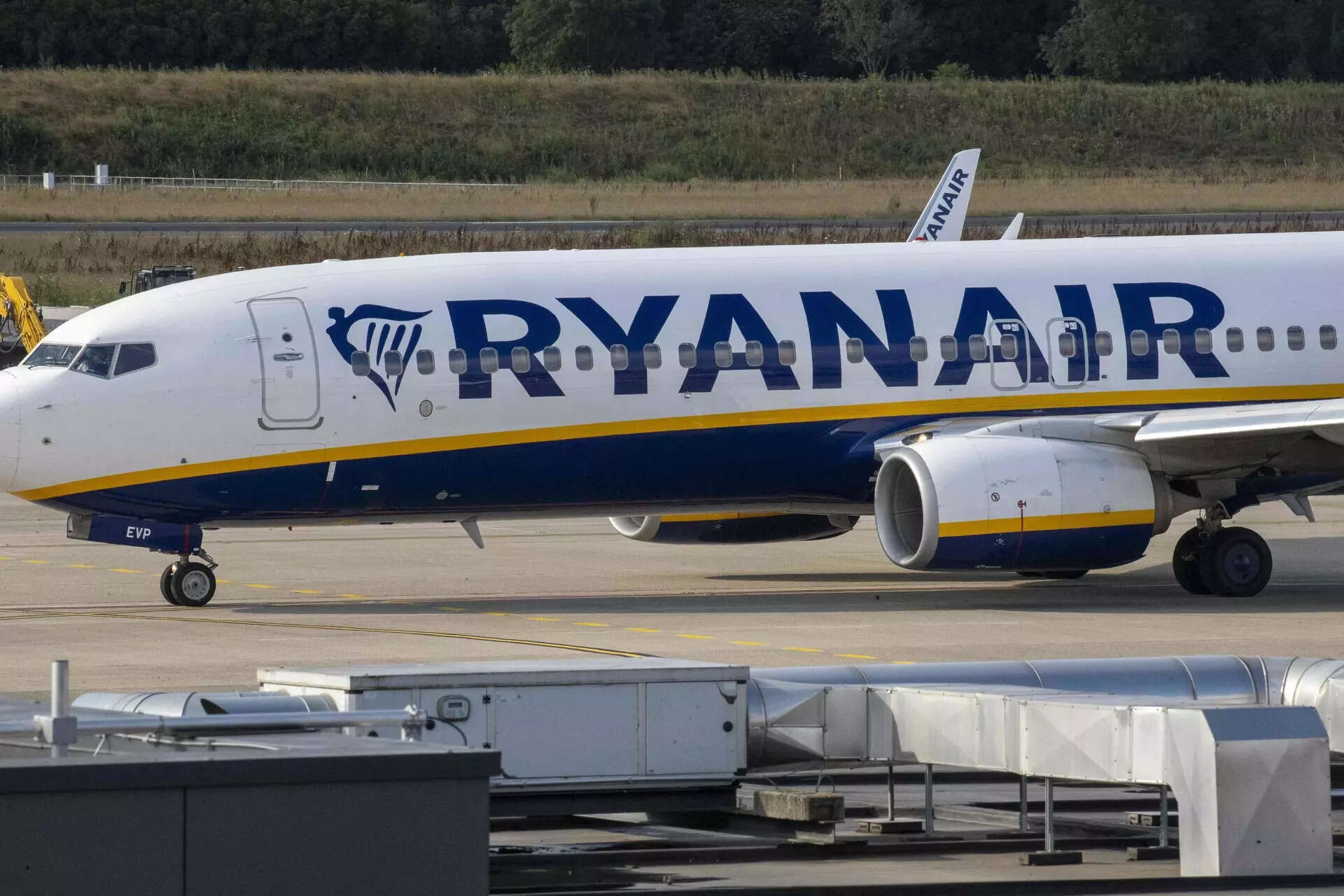
Ryanair on Monday trimmed its profit forecast for the year to the end of March after some online travel agents suddenly stopped selling its flights in December, forcing it to cut fares to fill seats as costs per passenger inched up.
Ryanair had for years accused the web sites of adding illegitimate extra charges and launched a series of court cases against them, but appeared to be taken by surprise when they stopped selling the airline’s tickets.
The airline, Europe‘s largest by passenger numbers, forecast an after-tax profit of between 1.85 billion and 1.95 billion euros (USD 2 billion to USD 2.1 billion) for its financial year to March 31. That is down from its November forecast of 1.85 billion and 2.05 billion euros, but would still beat its previous record of 1.45 billion euros in 2018. Ryanair shares were down 2 per cent in early trading.
The sudden halt of sales by the online travel agents increased the proportion of empty seats on flights by around 1 percentage point, forcing the airline to stimulate bookings over Christmas and New Year with fares that were “slightly lower than we’d anticipated,” Chief Financial Officer Neil Sorahan said in a pre-recorded presentation.
Net profit for the three months to the end of December, the third quarter of its financial year, was 15 million euros, significantly lower than the 49 million euros expected by analysts polled by the company. The higher percentage of empty seats, in addition to higher productivity pay agreed with staff, meant full-year ex-fuel unit costs were expected to rise by around 2.5 euros, Sorahan said. The fallout from the travel agents’ move is beginning to “fizzle out,” Sorahan said, with several agents approaching the airline to secure new, more transparent deals. Traffic in the third quarter was up 7 per cent to 41.4 million passengers, while average fares were 13 per cent higher than last year, the airline said.
Chief Executive Michael O’Leary said he was looking to the summer with some optimism as constrained European short-haul capacity would mean higher ticket prices. He said capacity in summer could be 92-93 per cent of pre-COVID levels or even lower.
O’Leary said he was committed to his target of flying 300 million passengers by 2034, up from 183.5 million in the current year, and was open to increasing his order for 737 MAX 10 aircraft from Boeing if other customers cancel orders due to delays.




